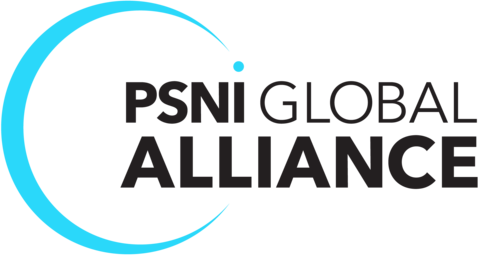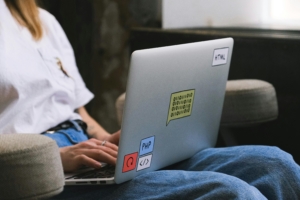Going to a hotel should be a treat, an escape from everyday life into luxury. As technology makes our homes more efficient, comfortable and connected, the hospitality industry must embrace innovation to maintain the elements of surprise and delight that attract new customers and keep repeat customers coming back.
While part of the luxury of a hotel experience is having people—such as valets and concierges—to help you, many hotels of all sizes recognize that technology investments are critical to continually improving and enhancing the guest experience. According to Hospitality Tech’s 2016 Lodging Technology Study, 54 percent of hotels plan to increase their technology spending to lower operational costs while raising the bar for guest experience.
7 Ways Technology Can Improve Hospitality
Most guests aren’t looking for a fully automated hotel experience. In fact, 60 percent of guests recently surveyed by Oracle said they still want to interact with people like desk agents and concierges. But, in the same survey, two-thirds of U.S. hotel guests surveyed said it was important or extremely important for hotels to continue investing in technologies that enhance the guest experience. Here are 7 such technology applications to consider.
- 1. Mobile Check In/Check Out. Ever been anxious to get into your hotel room, kick off your shoes and relax in a cozy bed but found yourself waiting in a long line at the front desk? Or ever been in a rush to catch a cab or a flight and found yourself waiting to settle a room service bill or take care of other check out tasks? Self-service kiosks in the hotel lobby where guests can check in and out on their own solve those problems right away. And they can provide other amenities as well including wayfinding, site seeing information, restaurant recommendations and other interactive features. Mobile apps can also cut down on front desk and concierge wait times. Ninety-four percent of business travelers and 80 percent of leisure travelers who responded to the Oracle survey said they’d like to use their smartphones to request service and message hotel staff.
2. Smart rooms. Hotels can leverage mobile apps and connectivity through the Internet of Things to turn themselves into a smart home away from home and proactively meet guest needs and wants. For example, loyalty apps for frequent customers could capture personal preferences such as room temperature and room service orders and have the room prepared exactly how the guest likes it when they arrive. For all guests, mobile apps paired with smart lighting and temperature control could turn on the lights and heat or air conditioning automatically when a guest walked into the room. Apps connected to smart appliances and other systems could also improve the guest experience by allowing guests to control their own room elements such as lighting, heating and cooling.
3. Reliable Wi-Fi. The majority of hotel guests bypass resources such as the front desk or the concierge and use the Internet to do things like make reservations or look up nearby activities, and nothing will frustrate those guests more than spotty Wi-Fi connectivity. A strong, reliable network is a must for every hotel, regardless of size, location or other amenities. A mobile app that allows guests to easily connect to the wireless network is an additional enhancement to consider.
4. Location-based data. Location data collected from interconnected mobile and other devices can help hotels target offers and opportunities to guests. See a hotel guest still in their room with only 30 minutes to check-out? Send a late check-out offer directly to their phone. The Fontainebleu Miami saw a 141 percent increase in ROI from late check-out offers in the first 30 days after acting on location-based data.
5. Predictive Maintenance. Nothing dampens a hotel stay like a problem—perhaps a malfunctioning air-conditioning unit, flickering lights, or a shower with no hot water—that takes a long time to fix. Sensors on key utility systems in each guest room can alert staff to problems—and allow them to be fixed—before a guest even notices.
6. Personalization. Hotel guests are willing to share a significant amount of personal information—according to the Oracle survey 71 percent of respondents would share information about food preferences/allergies and 64 percent would share their entertainment preferences. Capturing that data can help hotel staff personalize—and improve—a guest’s experience. A room’s sound system could be pre-loaded with a personalized play list, for example, or a hotel restaurant could offer a personalized menu.
7. Robotics. Hotel guests might prefer an actual person when they check-in or when they’re looking for advice about what to see or where to eat, but when it comes to tasks such as delivering items to a room or routine housekeeping, robots can do the job more efficiently and cost-effectively.
Enhancing The Human Touch
While many technology solutions can automate jobs previously done by humans, technology and data collection can also help hotel staff do their jobs better. For example, location-based data and loyalty apps can help front desk staff recognize and address guests by name immediately. Housekeeping staff can use preferences provided by guests to set room temperatures and entertainment channels to optimal conditions before guests arrive. Based on previous visits a concierge could offer frequent guests a curated list of local activities or restaurant recommendations. By combining the efficiency of technology with the comfort of human interaction, hotels can provide an enhanced experience that feels even better than home.









